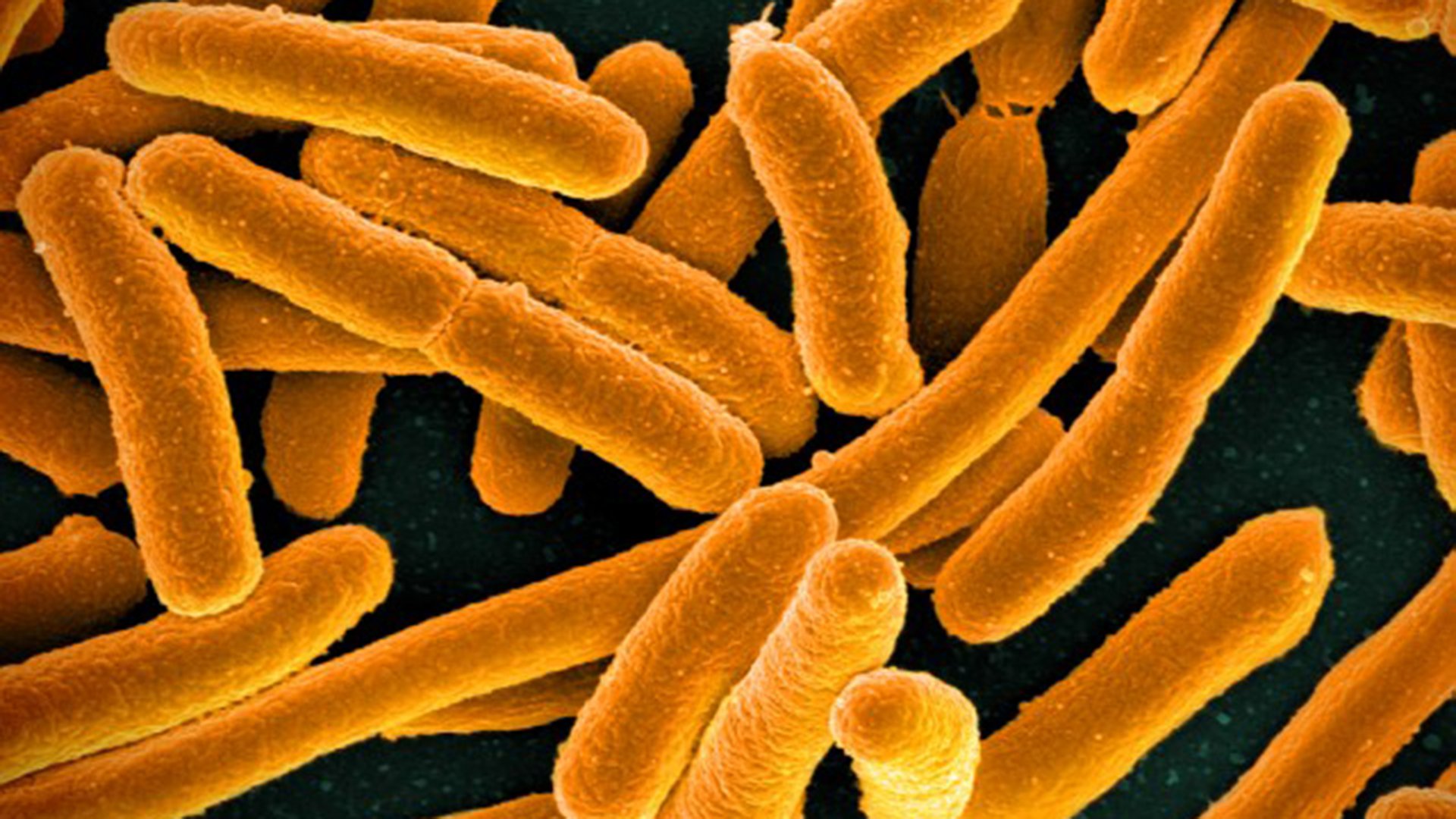Bacteria have many tricks and methods to survive in harsh conditions. One of those ways is by almost completely shutting down all activity in their cells. The bacteria then enter a form of stasis. During this sleep, they are more resistant against threats from outside, like cold or heat, but it also protects them from antibiotics. These hibernating bacteria are often the cause of chronic infections in humans. Because they aren’t susceptible to antibiotics, they are able to survive treatment. When the threat of antibiotics has passed, they reawaken and continue infecting their host.
A group of microbiologists from the University of Leuven has discovered how these bacteria enter hibernation. They already knew that bacteria enter stasis when certain pores form in their cellular membranes. The cells lose a lot of energy through these pores, forcing them into hibernation. The Belgian researchers discovered that these pores form when two specific molecules, so called HokB peptides, come in contact with each other. When the researchers broke up this contact, the pores closed and the cells woke up again.
The scientists hope that with this knowledge a new technique can be developed to wake up sleeping pathogens. These reawakened bacteria are no longer resistant, making antibiotics much more effective. This would mean that doctors can cure patients with less antibiotics than they do now. This would not only mean a quicker recovery for the patient, but it would also help stop antibiotic resistance as a whole. Because patients wouldn’t have to use antibiotics for a prolonged period of time, the pathogens would have a smaller change of learning to protect themselves from it. By using less antibiotics, we’re able to make sure our medicine keeps working.
Source: Science Direct

